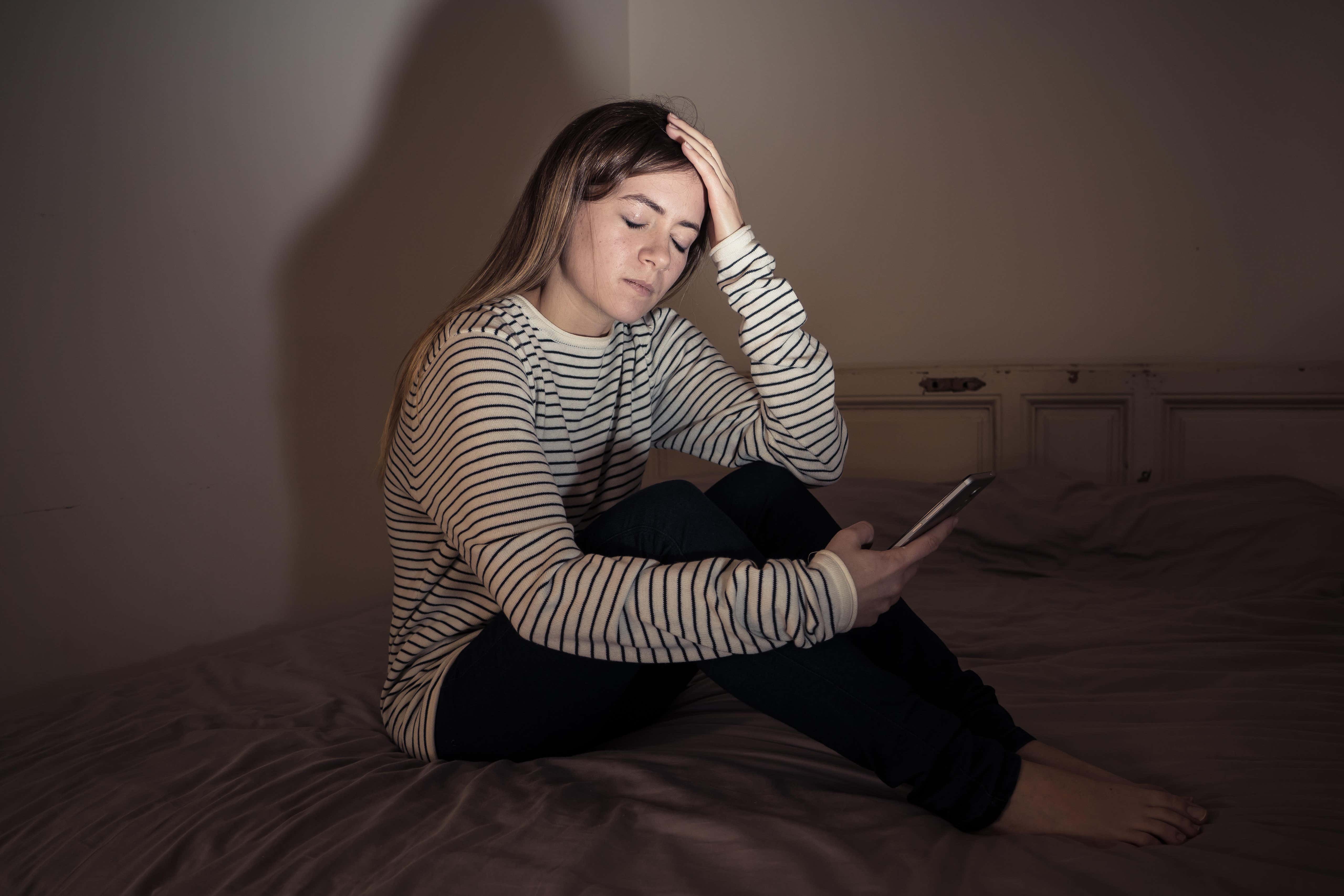More than one in 10 women across UK have faced online violence, finds survey
At least 68 per cent of people polled believe current legislation in England is ineffective at tackling the issue

Your support helps us to tell the story
From reproductive rights to climate change to Big Tech, The Independent is on the ground when the story is developing. Whether it's investigating the financials of Elon Musk's pro-Trump PAC or producing our latest documentary, 'The A Word', which shines a light on the American women fighting for reproductive rights, we know how important it is to parse out the facts from the messaging.
At such a critical moment in US history, we need reporters on the ground. Your donation allows us to keep sending journalists to speak to both sides of the story.
The Independent is trusted by Americans across the entire political spectrum. And unlike many other quality news outlets, we choose not to lock Americans out of our reporting and analysis with paywalls. We believe quality journalism should be available to everyone, paid for by those who can afford it.
Your support makes all the difference.More than one in 10 women and girls in each of the UK’s four nations has experienced online violence, according to what researchers have described as the biggest survey into the issue.
The findings show the problem is “widespread”, those behind the large-scale survey said.
Almost a fifth (17 per cent) of women and girls surveyed in both Scotland and Wales, 15 per cent those in England and 12 per cent in Northern Ireland, have experienced online violence, the research from the Open University suggested.
Online violence can include trolling, threats, abuse, unwanted sexual remarks and non-consensual sharing of intimate photos and messages.
The online YouGov survey of 7,500 people aged 16 and over – 4,000 women and girls and 3,500 men and boys – in February is the largest to have taken place in the UK on the issue, the researchers said.
It found that more than two-thirds (68 per cent) of people believe current legislation in England is ineffective at tackling the issue.
The most commonly perceived reasons for why people commit such online violence were the anonymity provided by being online (49 per cent), ease of getting away with it (47 per cent) and misogyny (43 per cent).
The findings for England showed that the figure for women and girls experiencing online violence was higher for those aged 16-24 (25 per cent) and for LGB+ women and girls (35 per cent).
Researchers said their findings suggested men and boys (50 per cent) in England were less likely than women and girls (69%) to support making online violence against women and girls a criminal offence.
Almost a fifth (19%) of men and boys were also more likely than women and girls (10 per cent) to believe that legally prohibiting online violence would limit their freedom of expression.
There was a similar finding when it came to believing the government is doing enough to address the issue – with 19% of men and boys strongly agreeing compared with 11 per cent of women and girls.
Professor Olga Jurasz, who led the project, said: “This new research – the first ever to be conducted into OVAWG (online violence against women and girls) at this scale across the four nations – shows just how widespread the issue of OVAWG really is and will provide policy makers with a foundation to help reduce instances of OVAWG and to improve outcomes for those affected.”
Professor Lynne Gabriel, president of the British Association for Counselling and Psychotherapy (BACP), said: “The scale of their research project is welcomed, its findings less so. Online and digital platforms are virtually unregulated, and as these findings show there are individuals who cannot moderate their online behaviour.”
Prof Gabriel said the research would “provide valuable evidence for many, including counselling and mental health professionals, policy makers, educators, researchers and social media platforms who are looking to stop online violence against women and girls”.
The Online Safety Bill is continuing its passage through Parliament this week. The Government has been contacted for comment.


